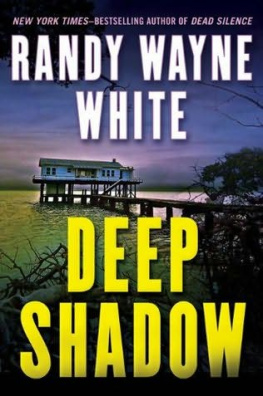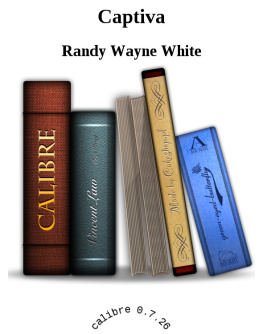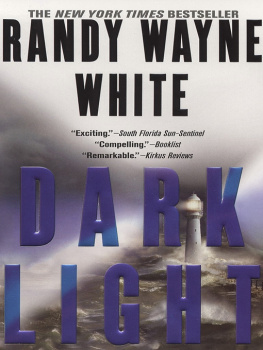Wayne L. White - Cold
Here you can read online Wayne L. White - Cold full text of the book (entire story) in english for free. Download pdf and epub, get meaning, cover and reviews about this ebook. year: 2022, publisher: U of Nebraska Press, genre: Home and family. Description of the work, (preface) as well as reviews are available. Best literature library LitArk.com created for fans of good reading and offers a wide selection of genres:
Romance novel
Science fiction
Adventure
Detective
Science
History
Home and family
Prose
Art
Politics
Computer
Non-fiction
Religion
Business
Children
Humor
Choose a favorite category and find really read worthwhile books. Enjoy immersion in the world of imagination, feel the emotions of the characters or learn something new for yourself, make an fascinating discovery.

- Book:Cold
- Author:
- Publisher:U of Nebraska Press
- Genre:
- Year:2022
- Rating:4 / 5
- Favourites:Add to favourites
- Your mark:
- 80
- 1
- 2
- 3
- 4
- 5
Cold: summary, description and annotation
We offer to read an annotation, description, summary or preface (depends on what the author of the book "Cold" wrote himself). If you haven't found the necessary information about the book — write in the comments, we will try to find it.
Cold — read online for free the complete book (whole text) full work
Below is the text of the book, divided by pages. System saving the place of the last page read, allows you to conveniently read the book "Cold" online for free, without having to search again every time where you left off. Put a bookmark, and you can go to the page where you finished reading at any time.
Font size:
Interval:
Bookmark:
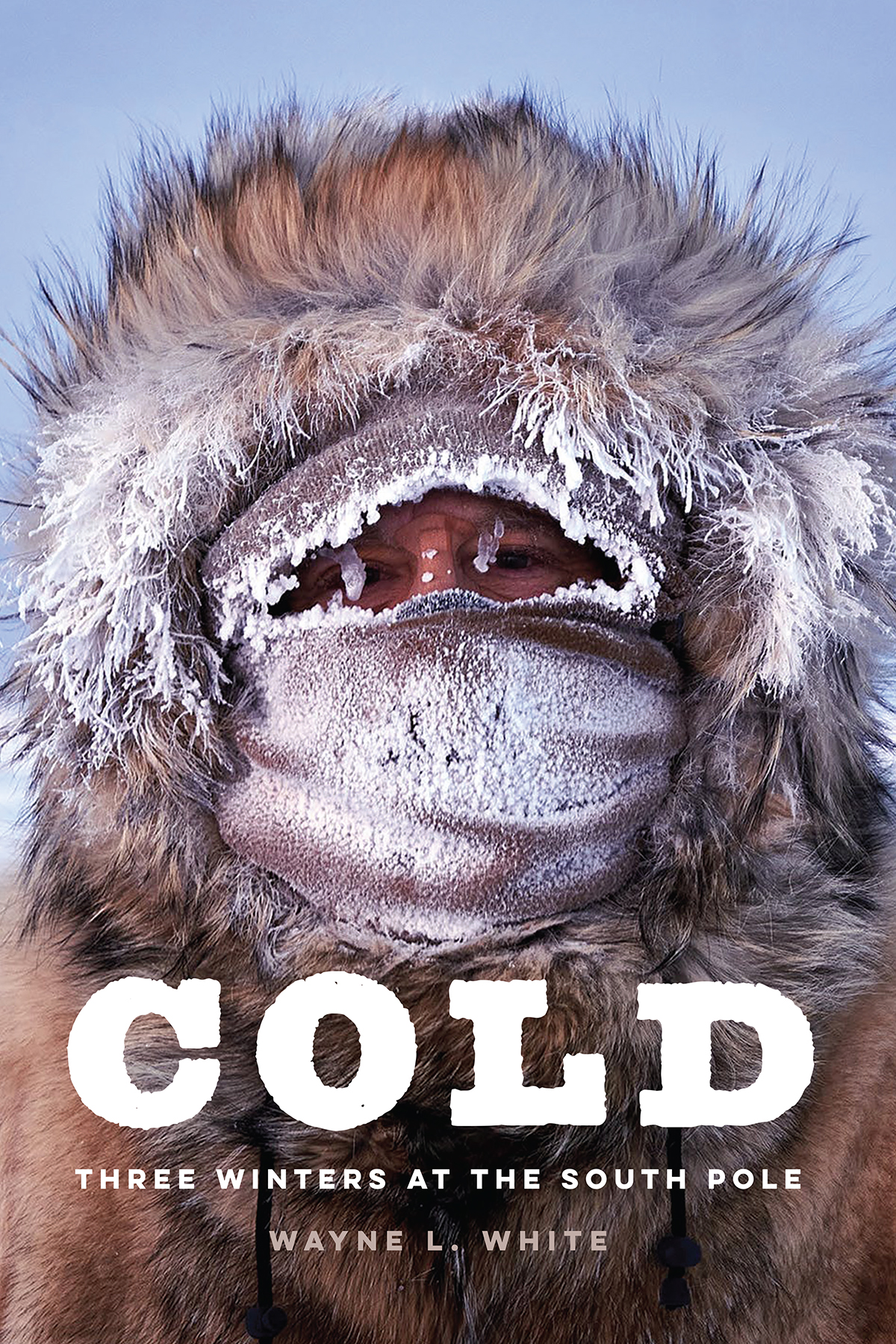
The ultimate checkbox for the world travelers bucket list is the South Pole. Several well-heeled tourists make it for the selfie, but to really experience the South Pole, you need to overwinter and become a polie to experience truest night and the deepest cold. Texan Wayne White has been there and done that.
West Hansen, author of The Amazon from Source to Sea: The Farthest Journey down the Worlds Longest River
Eschewing normal desires for comfort and security, Wayne White undertakes extraordinary adventures, far off the beaten path, from which we learn much.
Kevin Lee, member of the Explorers Club and the Adventurers Club
Wayne White is one of the most interesting and accomplished adventurers Ive ever met. This book is about an important chapter of his life when he served as the leader of the Amundsen-Scott South Pole Station for three (yes, three) winters. A must-read for anyone interested in Antarctica and the spirit of adventure.
Jeff Holmes, past president of the Adventurers Club of Los Angeles
Wayne L. White
Potomac Books
An imprint of the University of Nebraska Press
2022 by Wayne L. White
Cover designed by University of Nebraska Press; cover photo: The author after a seven-mile walk in a temperature of -104F/-76C, September 11, 2020. Photograph courtesy of Geoffrey Chen.
All rights reserved. Potomac Books is an imprint of the University of Nebraska Press.
Library of Congress Control Number: 2022006008
The publisher does not have any control over and does not assume any responsibility for author or third-party websites or their content.
The Amundsen-Scott South Pole Station is a ship. A ship with a crew that sits atop nearly two miles of moving ice. The ship, the ice that holds it, and its crew are on a voyage. A voyage that will take several hundred thousand years before whatever is left of the ship along with the ice that held it will arrive at its final destination, the Southern Ocean. Its winter crew will change out annually and are on a voyage of their own. That voyage will test some of them to their limits, and all, to various degrees, will be forever changed by the experience. While their icy voyage will not yield views of distant lands, it will give some crewmembers remarkable insight into unfamiliar places. Those places will include who they really are as people and how their being impacts others. The crew will reside in their ship in nearly complete physical isolation from the world they knew. While inside, it will protect them from unearthly cold that few on the planet will ever experience. They will lose the sun and experience darkness that will last for nearly half the year they are there. The ship and its crew will supply the light. I had the great honor of being the captain of that ship for three Antarctic winters.
At the South Pole, at around minus 80 Fahrenheit, a strong exhalation will result in a strange whooshing noise from a very visible cloud coming from your mouth. At first, this noise surprises you as you have breathed many thousands of times and never heard anything like it. The sounds origin is the fact that the water vapor from your breath is freezing incredibly rapidly and hurtling through the air. While out walking across the ice, you are startled by a loud cracking noise that sounds as if things are collapsing and you will fall into oblivion. The cause of the noise is a small horizontal void of air collapsing within the ice. Much to your relief, you do not disappear below the ice and walk on. When you are walking into the wind and not wearing goggles, you start to develop icicles dangling from your eyebrows and eyelashes. If you are out long enough, these may need periodic removal as vision can be obscured. From time to time, especially when facing into the wind, your eyelids may temporarily freeze shut. Squinting hard, shutting your eyes tighter will break the tiny ice seal, and much to your relief your eyes can be opened. You can see again. I experienced those things while at the South Pole and became used to them. I have heard of another phenomenon that occurs when ice crystals are in the air in a certain configuration. When this happens, it increases acoustics to the point where you can hear normal conversations from long distances. I never experienced that. Outside, I was always alone.
The ice and beauty of Antarctica did not call out to me. I never liked the cold, but during my time at the South Pole, with much exposure to unimaginable cold, I would eventually love it. I would love it while still never liking it. Given any thought, cold is the opposite of life. When things die, they cool. Life for humans is about warmth, and it is abnormal to seek the cold. I learned to love and to embrace the cold, but it took time and the ability to recognize what it gave me. In the Midwest, where I grew up, there were very distinct seasons, and I well remember after the muggy heat of summer the euphoria of a chilly autumn with sweaters and jackets. Then came the onset of winter and most years the wonders of a white Christmas. After New Years, the novelty of the snow, ice, and cold wore off and months of bleakness followed. Most birds, other animals, and humans took refuge to await the spring, and the white and icy world, to me, was cold and sterile.
Initially, my life took me to warmer places, starting with leaving the Midwest for sunny California and the brutal experience of USMC boot camp. I never returned to the Midwest and called California home for several years before leaving for the warm tropical climate of Diego Garcia British Indian Ocean Territory, where I spent over five years living and working. This led to further foreign overseas or U.S. remote site adventures and another fifteen years in places such as Midway Atoll, Iraq, Kuwait, Wake Island, Afghanistan, Saudi Arabia, and finally, Ascension Island South Atlantic. The only anomaly in these mostly warm weather places where I lived and worked was the nearly four years I spent on rugged Shemya Island, Alaska, near the end of the Aleutian chain. While certainly not tropical, Shemya did not have the frigid conditions of Alaskas interior. It was about as cold as I wanted it to be.
As a boy I was fascinated by geographical exploration and dreamed of travels to exotic places such as jungles, deserts, and tropical islands. I did not dream of cold places. As an adult, I was able to travel the globe and even launch my own minor expeditions in tropical places such as New Guinea, the Amazon, and Africa. Historic expeditions of the past had always intrigued me. I was drawn to anything that had to do with the search for the source of the Nile, the crossing of equatorial Africa, and expeditions into remote parts of the Amazon basin. Physical struggle itself attracted me, along with the great dangers that had been faced by men to penetrate the unknown. I always had a strong sense of adventure and a love of history, to which I added a physical fitness regimen and an outlook that ensured there was no place on the planet that I could not go. During my own travels and minor expeditions, I began collecting ethnic- and exploration-related artifacts, and over the years I amassed quite a collection in my home in coastal Texas. While doing this, I became aware of another great exploration struggle, and that involved ice.
The great race to the South Pole that occurred in 191012 very much intrigued me. In that epic struggle, the Norwegian Roald Amundsen, his tough men, and their tough and edible dogs had won the race to the South Pole, but in that race, Captain Robert Falcon Scott and his men had become immortal. In order to become immortal, Captain Scott and his polar party had to perish on their return from the South Pole. This was after the realization that Amundsen had arrived there first. Being first to the South Pole was a major goal at that time in history and no one wanted to be second. During what must have been an incredibly depressing march back to their Cape Evans hut, which was over eight hundred miles away, Scott and his men died due to lack of food, fuel, and the colder-than-normal temperatures that occurred during that year. Before dying with his two remaining comrades in his frozen tent, Captain Scott wrote extremely poignant letters to various wives, now to be widows; a mother soon to be without her son; his financial backers; and the British public. This epic drama that occurred in what has been termed the heroic age of Antarctic exploration was my real attraction to the cold.
Next pageFont size:
Interval:
Bookmark:
Similar books «Cold»
Look at similar books to Cold. We have selected literature similar in name and meaning in the hope of providing readers with more options to find new, interesting, not yet read works.
Discussion, reviews of the book Cold and just readers' own opinions. Leave your comments, write what you think about the work, its meaning or the main characters. Specify what exactly you liked and what you didn't like, and why you think so.


